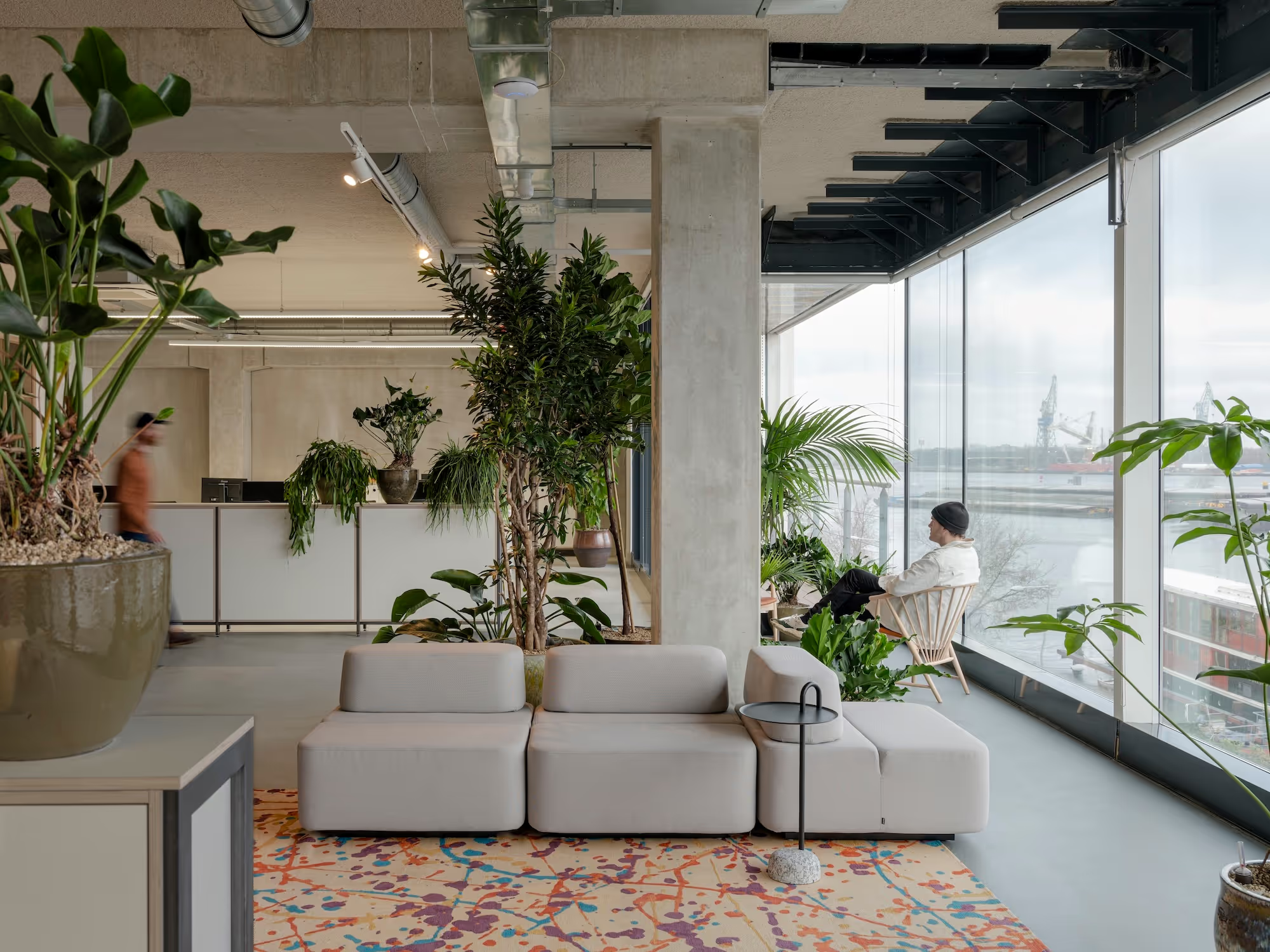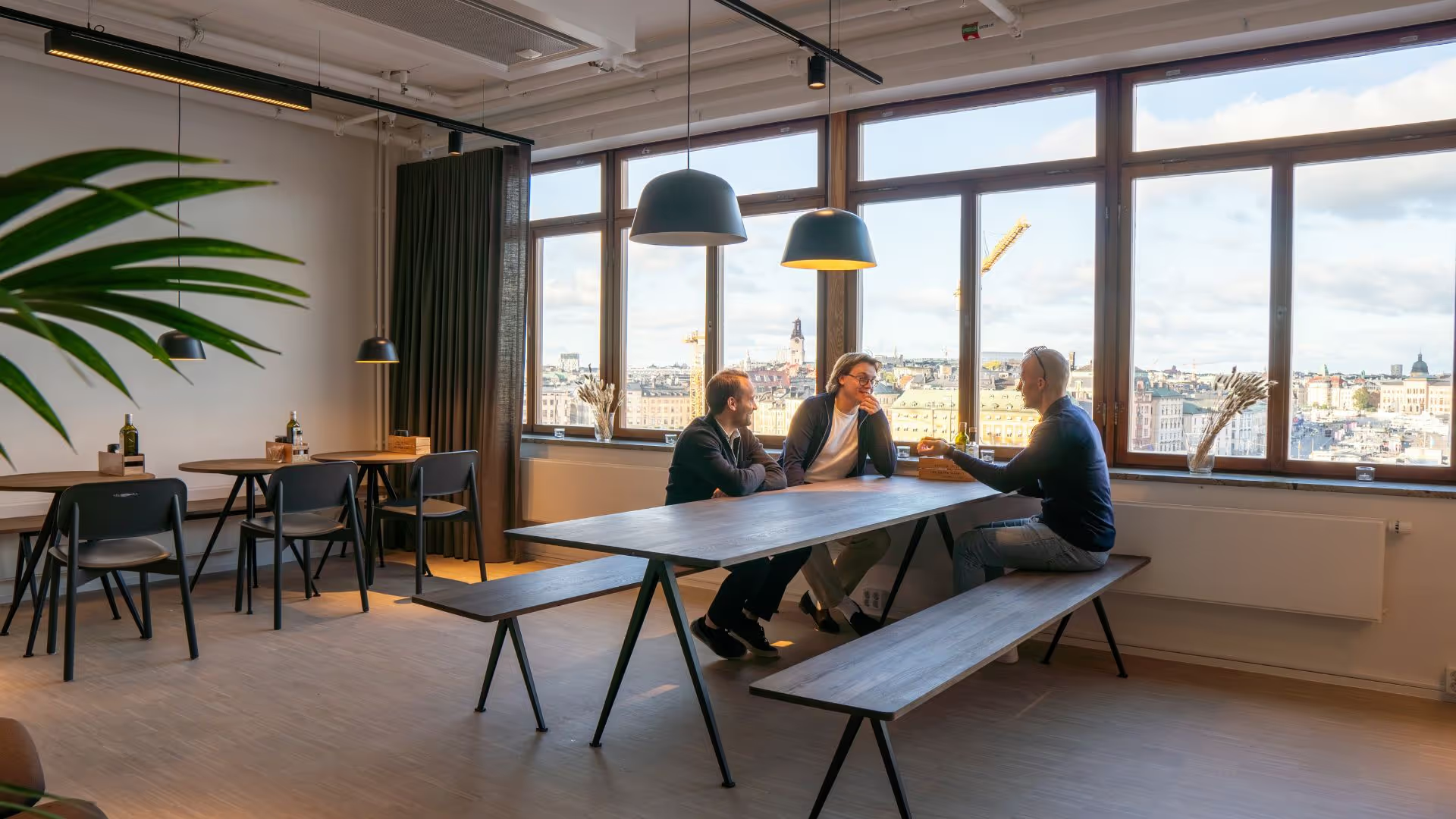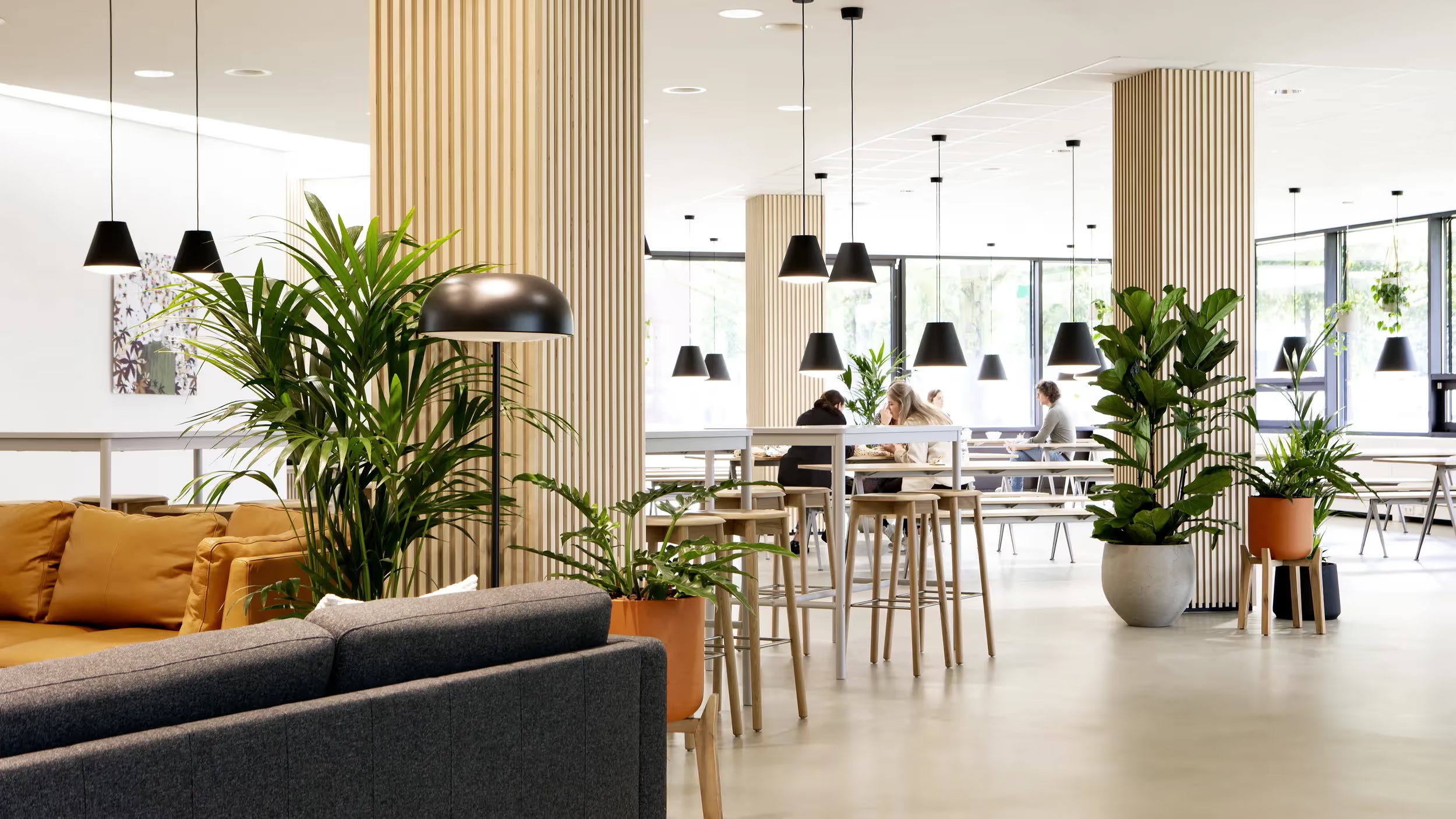Smarter Consumption: Why Simplicity and Circularity Beat Endless Choices
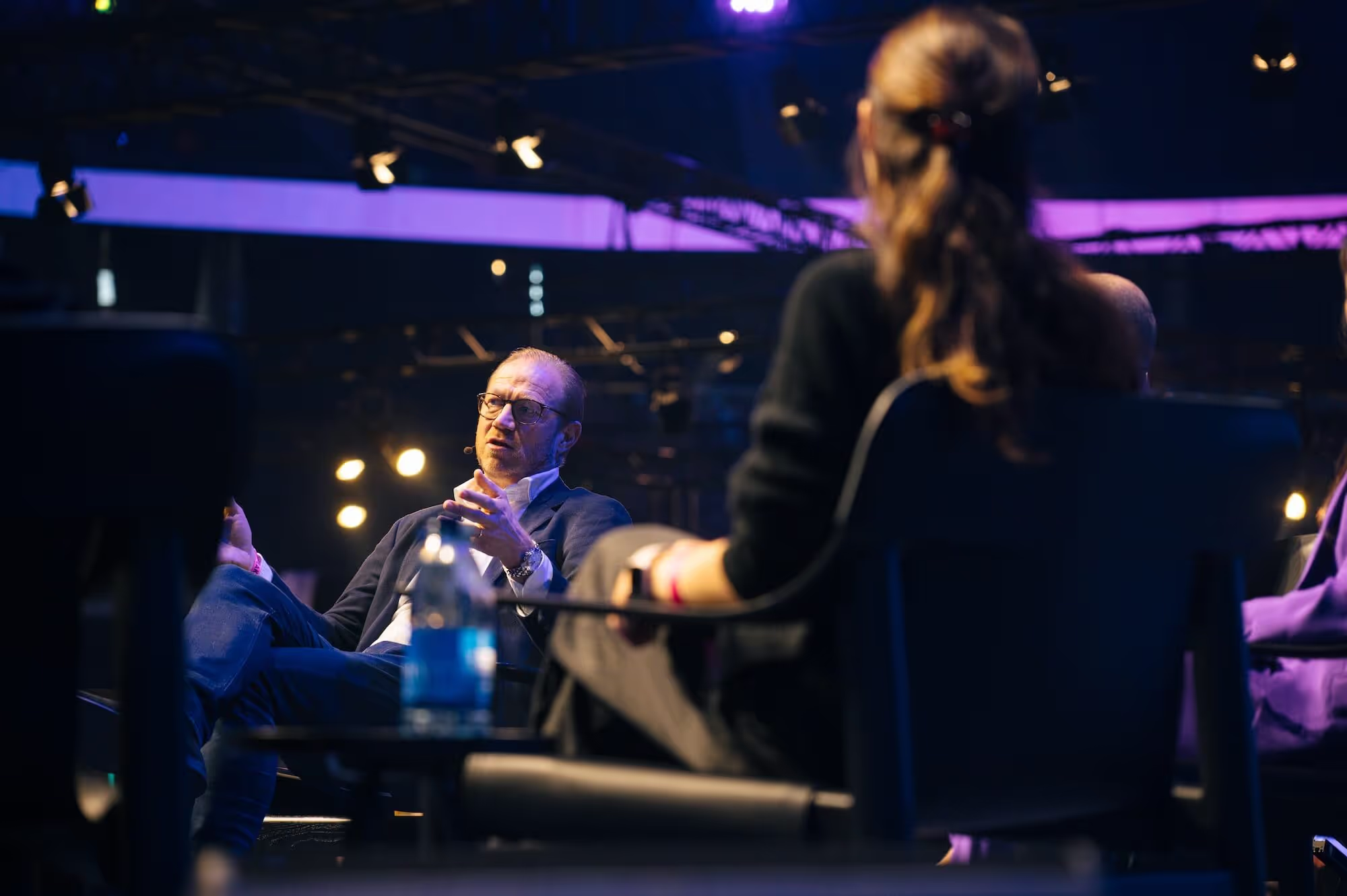
How can businesses balance personalisation, simplicity, and sustainability? At Tech Arena, industry leaders explored how data-driven insights and circular models are shaping modern consumer behaviour, and why fewer, better choices may be the key to the future.
At Tech Arena, Scandinavia's largest tech and business event, NORNORM’s Founder and Chairman of the Board, Jonas Kjellberg, joined an expert panel discussion on the main stage: The Modern Consumer – Breaking the Code from Data to Product. Moderated by Olivia Kinghorst, the conversation featured insights from Eeke de Milliano (Stripe), Jesper Brøndum (Boozt), and Björn Block (Inter IKEA Group).
The discussion focused on how businesses are adapting to the diverse and evolving needs of today’s consumers, from leveraging data to improve experiences to rethinking the balance between personalisation, simplicity, and sustainability.
What Defines the Modern Consumer?
The modern consumer is more connected, informed, and discerning than ever before. Expectations are high, not just for seamless transactions, but for flexibility, convenience, and conscious choices.
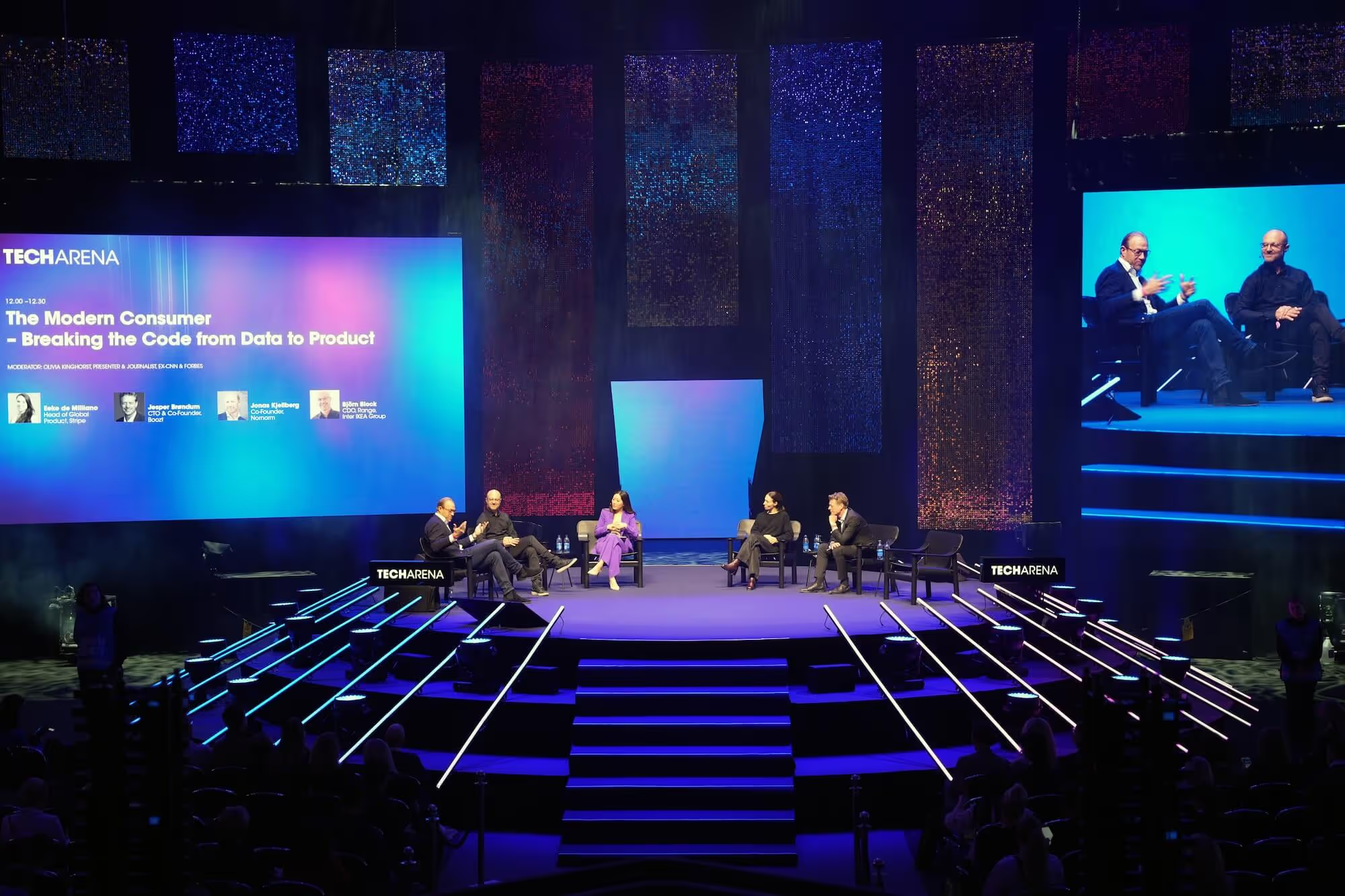
The panel highlighted three defining trends:
1) Omni-channel is the new standard
Consumers no longer differentiate between online and offline shopping. They expect a seamless transition between digital and physical experiences, where products, services, and interactions feel connected across all touchpoints.
2) Data-driven insights fuel better experiences
Businesses are using advanced metrics like customer lifecycle value and rebuy rates to refine their strategies. AI and machine learning also play a growing role, as highlighted by Eeke de Milliano (Stripe), who explained how these technologies improve transaction success rates and fraud prevention.
3) Sustainability is now a core expectation
Consumers are increasingly prioritising responsibility over excess. They want businesses to offer solutions that are not just convenient, but also ethical and circular.
The Role of Data in Understanding Consumer Needs
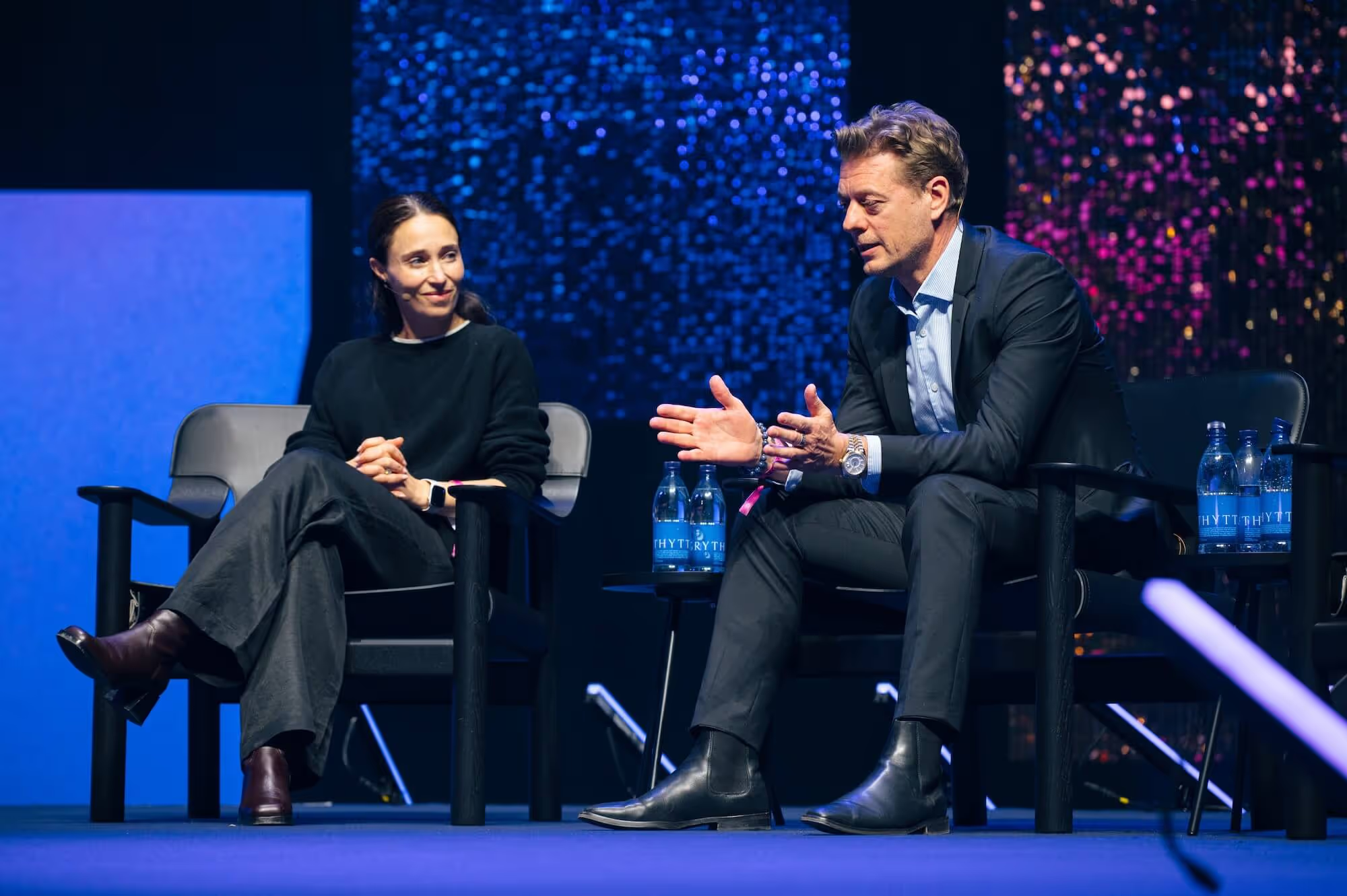
With consumers demanding more personalised and streamlined experiences, companies are turning to data and metrics to make better decisions.
- Jesper Brøndum (Boozt) emphasised the importance of tracking customer lifecycle value and rebuy rates to build a long-term view of consumer behaviour. By understanding how and when customers return, businesses can refine their offerings to increase loyalty and reduce waste.
- Björn Block (Inter IKEA Group) stressed that a truly seamless consumer journey must bridge the gap between physical and digital. Retailers must integrate in-store experiences with digital tools to create a fluid, intuitive buying process.
- For NORNORM, data plays a key role in enabling circularity. By analysing workspace usage patterns, we ensure our furniture subscription model adapts to evolving needs, reducing waste and maximising efficiency.
The Big Debate: Hyper-Personalisation vs. Simplicity
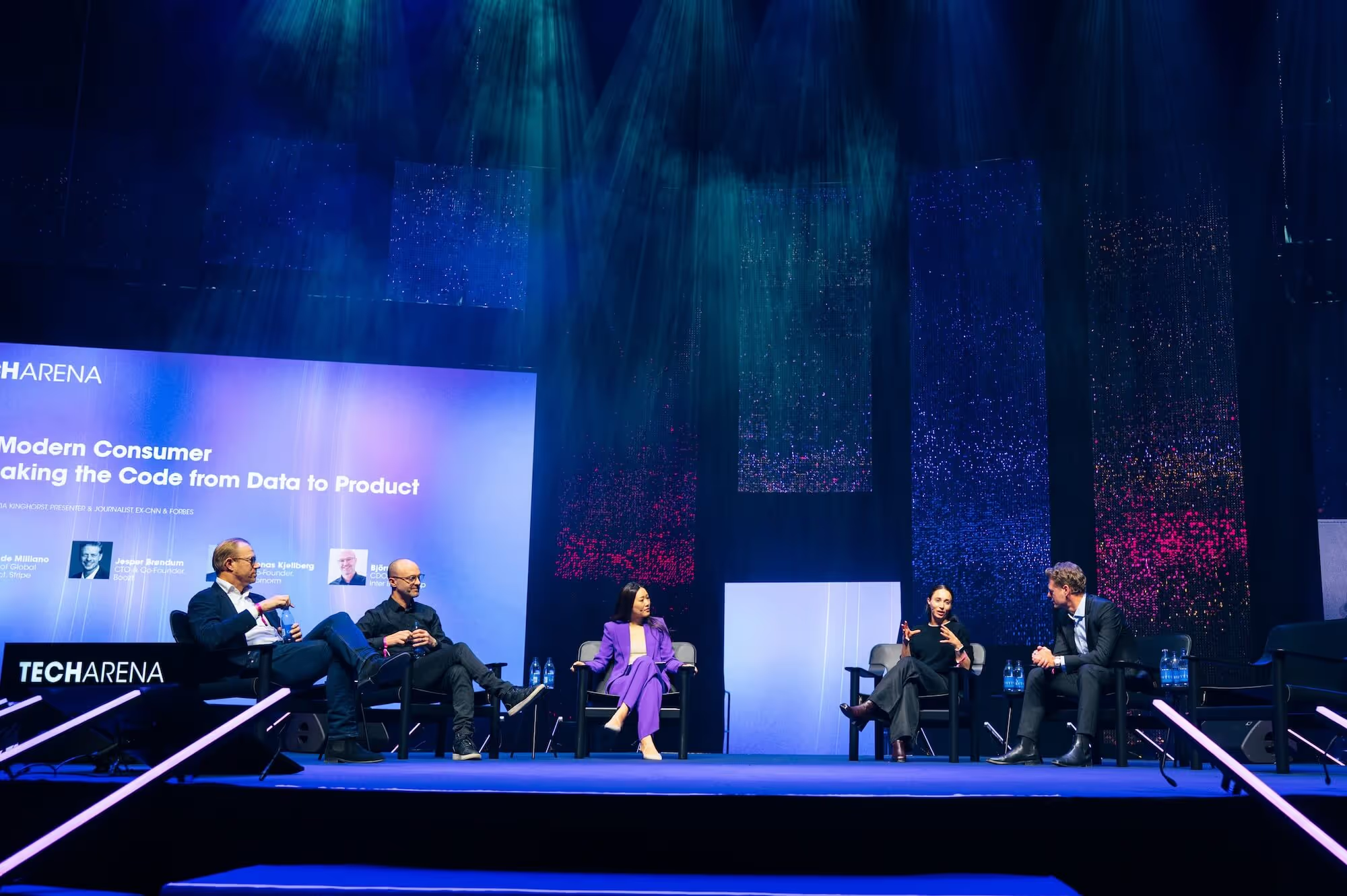
One of the most thought-provoking moments in the panel came when the speakers debated the role of hyper-personalisation.
- Jesper Brøndum (Boozt) argued that hyper-personalisation is the future, allowing businesses to tailor products and services to individual needs. AI-driven recommendations help companies predict and meet customer expectations before they even arise.
- Björn Block (Inter IKEA Group) proposed a balanced approach, where consumers are given customisation options without being overwhelmed—such as mix-and-match product combinations.
- Jonas Kjellberg (NORNORM) offered a different perspective: “Too much choice isn’t always a good thing.” Instead of endless personalisation, he advocated for simplicity, circularity, and a more intentional approach to consumption.
Why does reducing choice make sense? Research suggests that too many options can lead to decision fatigue, making it harder for consumers to commit to a purchase. However, this is also where automated personalisation plays a role. When done well, AI-driven recommendations can act as a nudge, helping consumers navigate their options and guiding them towards choices that align with their needs without overwhelming them.
This balance between curation and automation is key: rather than offering endless options, the best consumer experiences use data intelligently to simplify decision-making.
Simplicity and Circularity: A Smarter Way Forward
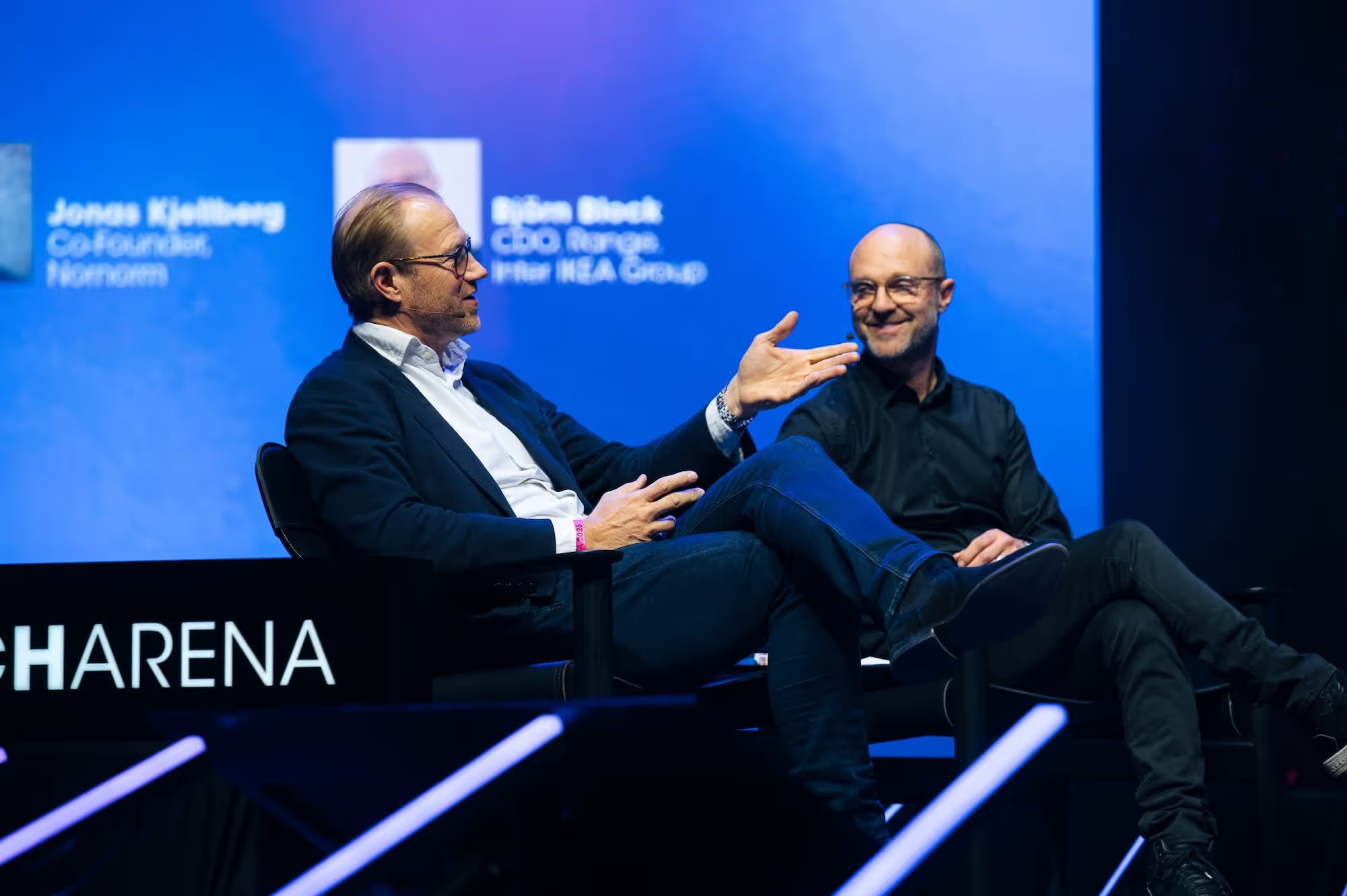
Jonas’s viewpoint aligns with NORNORM’s core mission: to offer businesses a flexible, high-quality alternative to traditional furniture ownership.
Instead of flooding the market with short-lived products, circular business models focus on longevity, reuse, and resource efficiency. The result? A smarter, more sustainable approach to consumption that reduces waste while keeping quality high.
The Future: Circularity, Flexibility, and Simplicity
The session concluded with each panelist sharing their vision for the future of consumer experiences. Ideas ranged from AI-powered hyper-personalisation to prioritising experiences over products.
The discussion at Tech Arena made it clear: businesses that embrace circularity, flexibility, and simplicity will be best positioned for the future. With insights from industry leaders at Stripe, Boozt, and Inter IKEA Group, the conversation reinforced how data, sustainability, and thoughtful design must go hand in hand to shape the modern consumer experience.
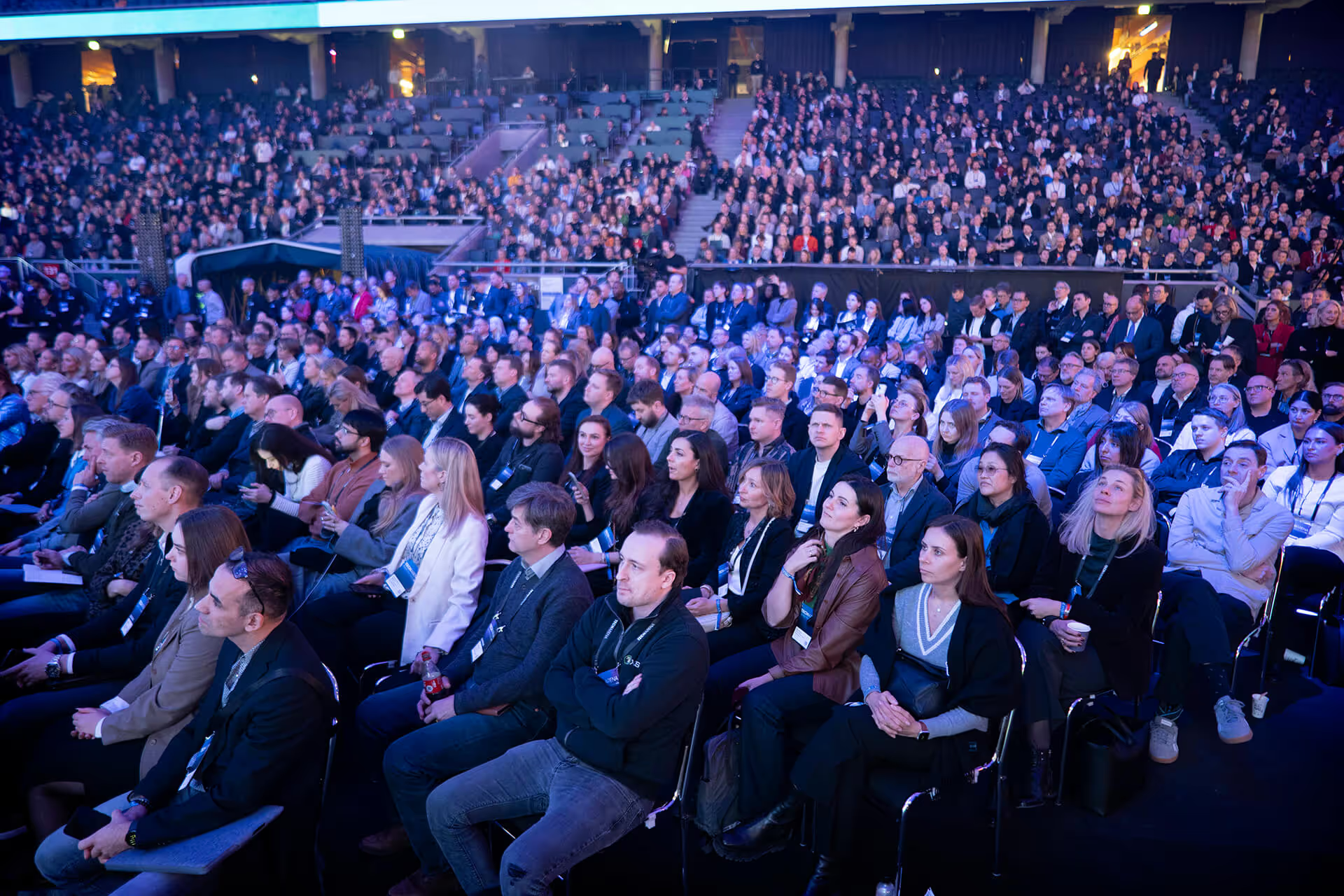
At NORNORM, we believe in designing for longevity, not disposability. The modern consumer is changing and circular solutions like flexible furniture subscriptions are a natural response to the demand for both convenience and responsibility.
Is your business ready to embrace smarter, circular consumption? Explore how NORNORM’s subscription model can help you create a future-proof office, built for longevity.

